Best Consumer Reports Car Batteries, Ratings, Reviews, Tips, and Guides in 2022
If you’re like most people, you rely on your car to get you where you need to go. Whether it’s taking the kids to school or running errands, your car is a vital part of your daily routine. So if something goes wrong with your car – like a dead battery – it can really disrupt your life.
That’s why it’s important to choose the best car battery for your needs. Consumer Reports has put together a list of the best car batteries based on their extensive testing. So whether you’re looking for a budget-friendly option or a premium battery, CR has you covered. Read on for their top recommendations!
Top 10 Best Car Batteries to buy in 2022:
Below is the list of top 10 best Car Batteries that you can have a look at and buy. Check one by one carefully before purchasing:
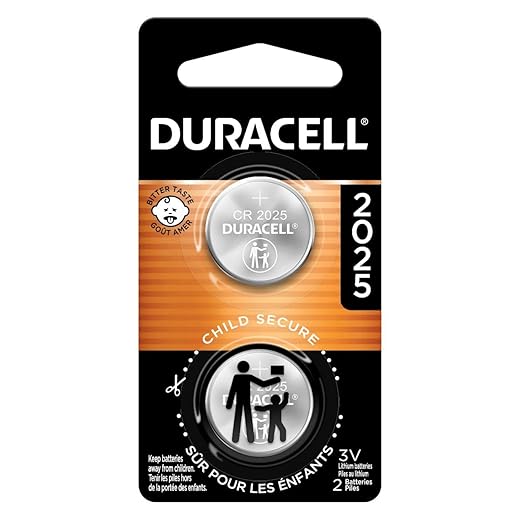

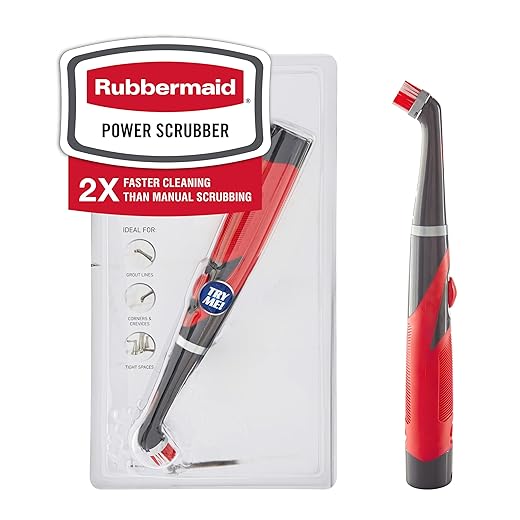
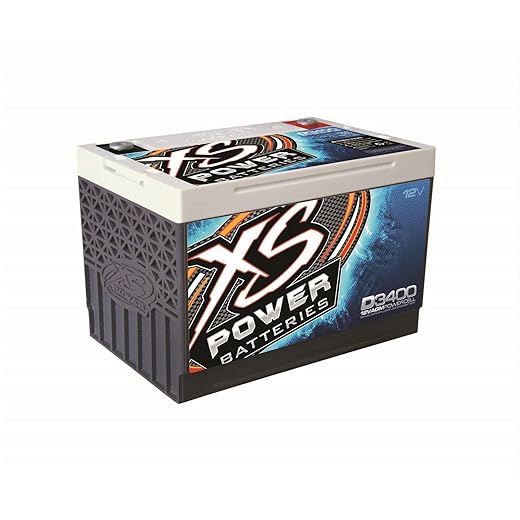

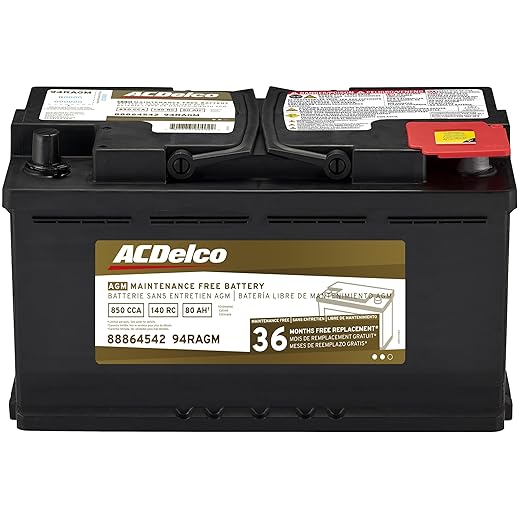
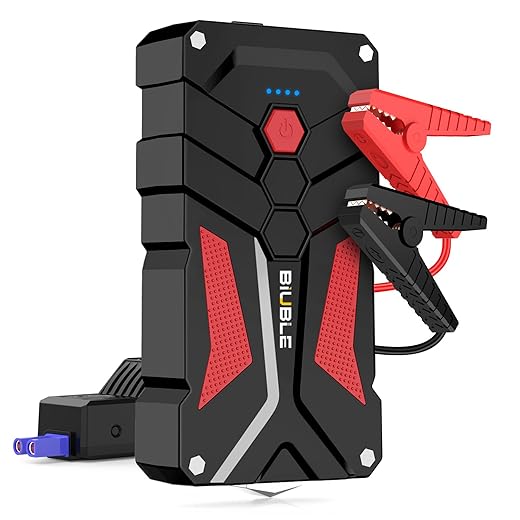

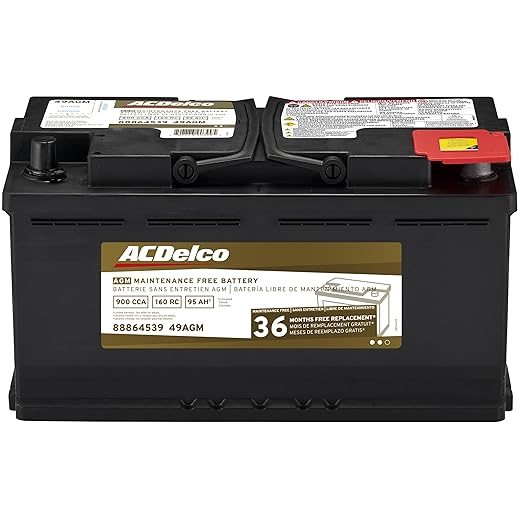
*Note: Score is based on our AI score (Editor’s choice and rating)
What is Car Batteries?
A car battery is a type of lead-acid battery that provides the electrical power to start an engine and powers the vehicle’s accessories when the engine is not running. It is also known as a SLI (starting, lighting, and ignition) battery.
The main components of a car battery are the positive and negative electrodes (made of lead), an electrolyte (usually sulfuric acid), and a separator (typically made of plastic). The electrodes are separated by the separator, which allows ions to flow between them. The electrolyte provides a medium for these ions to flow.
When the engine is running, the alternator charges the battery, which reverses the chemical reaction and stores energy in the form of lead sulfate on the electrodes. When the engine is not running, the battery provides power to the starter motor and accessories like lights and radio.
What are the Different Types of Car Batteries?
The most common type of car battery is a lead-acid battery. Lead-acid batteries have been used in cars for over 100 years and are still the most popular type today. They’re affordable and reliable, but they do require periodic maintenance (like adding water to the cells) and need to be replaced every 3-5 years.
Other types of batteries include nickel-metal hydride (NiMH) and lithium-ion (Li-ion) batteries. NiMH batteries are more expensive than lead-acid batteries, but they last longer and don’t require as much maintenance. Li-ion batteries are the most expensive type, but they have the longest life span and don’t require any maintenance.
How does Car Batteries work?
The lead-acid battery is the most common type of car battery. It works by using a chemical reaction between lead and sulfuric acid to create electrical energy.
Inside the battery, there are two lead plates (the positive and negative electrodes) separated by a separator. The separator is made of plastic or rubber and allows ions to flow between the electrodes. The electrodes are submerged in an electrolyte, which is usually a mixture of water and sulfuric acid.
When the engine is running, the alternator charges the battery, which reverses the chemical reaction and stores energy in the form of lead sulfate on the electrodes. When the engine is not running, the battery provides power to the starter motor and accessories like lights and radio.
Pros and Cons of car batteries
When it comes to car batteries, there are both pros and cons that need to be considered. Let’s take a look at both sides of the coin so you can make the best decision for your vehicle.
Pros:
1. Car batteries are relatively inexpensive.
2. They are easy to find and purchase.
3. They are easy to install.
4. They are easy to maintain.
Cons:
1. Car batteries can be dangerous.
2. They can leak acid and cause damage to your car.
3. They can be stolen.
4. They can break and need to be replaced.
How to use Car Batteries?
1. Check the level of electrolyte in the battery cells. If it’s low, add distilled water to bring it up to the correct level.
2. Check the terminals for corrosion and clean them if necessary.
3. Test the battery using a voltmeter to ensure that it is charged.
4.If the battery is discharged, use a charger to recharge it.
5.If the battery is damaged or faulty, replace it with a new one.
How to store Car Batteries?
1. Keep the battery in a cool, dry place.
2. Check the level of electrolyte in the battery cells and add distilled water if necessary.
3. Check the terminals for corrosion and clean them if necessary.
4. Disconnect the negative terminal from the battery.
5. Store the battery in a plastic container to prevent it from leaking acid.
Common mistakes when using of car batteries
When it comes to car batteries, there are a few common mistakes that many people make. Here are a few of the most common mistakes and how to avoid them:
1. Not Checking the Battery Regularly
One of the most common mistakes is not checking the battery regularly. This can lead to the battery becoming damaged or even failing completely. Make sure to check the battery at least once a month to ensure that it is in good condition.
2. Not Cleaning the Battery Terminals
Another common mistake is not cleaning the battery terminals. This can cause the battery to lose power and eventually fail. Make sure to clean the terminals with a cloth or brush on a regular basis.
3. Not Using the Right Charger
Another common mistake is using the wrong charger when charging the battery. This can damage the battery and shorten its lifespan. Make sure to use a charger that is specifically designed for car batteries.
4. Not Disconnecting the Battery When Not in Use
If you are not going to be using the car for a long period of time, it is important to disconnect the battery. This will prevent the battery from being damaged by sitting unused for too long.
5. Not Storing the Battery Properly
If you are not going to be using the car battery for a while, it is important to store it properly. This means keeping it in a cool, dry place. Do not store it in a hot garage or in direct sunlight.
Factors to consider before buying Car Batteries?
When choosing a car battery, there are several factors to consider, such as:
– The type of battery: Lead-acid, NiMH, or Li-ion?
– The size of the battery: Does it need to fit in a specific location?
– The amp hours (Ah): This measures the capacity of the battery and how long it will last before needing to be recharged.
– The cold cranking amps (CCA): This measures the battery’s ability to start an engine in cold weather.
– The warranty: Most batteries come with a 3-5 year warranty.
-Brand: Some brands are better than others, so do some research to find the best one for your needs.
-Design: There are a few different designs of batteries, so choose the one that best fits your needs.
-Price: Car batteries can range in price from $50-$200. Choose the one that fits your budget.
-Customer Service: If you have any problems with the battery, you want to make sure that the company has good customer service.
-Budget: It’s important to find a battery that fits your budget. Car batteries can range in price from $50-$200.
-Material: The material of the battery is important to consider. Lead-acid batteries are the most common, but NiMH and Li-ion batteries are also available.
FAQs
1. How often should I check my car battery?
It is a good idea to check your car battery at least once a month. This will help ensure that the battery is in good condition and prevent any problems from occurring.
2. How do I clean my car battery terminals?
Use a cloth or brush to clean the terminals on a regular basis. This will prevent corrosion and keep the battery working properly.
3. What is the difference between a lead-acid battery and a NiMH battery?
Lead-acid batteries are the most common type of battery, but NiMH batteries are also available. Lead-acid batteries are typically cheaper, but they don’t last as long as NiMH batteries.
4. What is the difference between a Li-ion battery and a lead-acid battery?
Li-ion batteries are newer and more expensive than lead-acid batteries. They are also more efficient and have a longer lifespan. However, they can be more difficult to find.
5. How do I know if my car battery is bad?
There are a few signs that your car battery might be bad, such as: the engine is slow to start, the headlights are dim, or the battery dies quickly. If you notice any of these problems, it is best to take the car to a mechanic to have the battery checked.
6. How do I prevent my car battery from dying?
There are a few things you can do to prevent your car battery from dying, such as: keeping it clean, not overcharging it, and disconnecting it when it is not in use.
7. What should I do if my car battery dies?
If your car battery dies, you will need to replace it with a new one. You can take the old battery to a recycling center or a mechanic to have it disposed of properly.
8. How long do car batteries last?
Car batteries typically last 3-5 years. However, this can vary depending on the type of battery and how well it is maintained.
9. What is the best way to store a car battery?
The best way to store a car battery is in a cool, dry place. Do not store it in a hot garage or in direct sunlight.
10. How do I know if my car battery needs to be replaced?
If you notice any of the following problems, it is time to replace your car battery: the engine is slow to start, the headlights are dim, or the battery dies quickly.
Conclusion
If you are in the market for a metal detector, it is important to do your research before making a purchase. Consumer Reports has compiled a list of the best metal detectors based on their testing. The top two detectors on the list are both from Garrett, and they offer different features that may appeal to different buyers. whichever metal detector you choose, be sure to read the reviews and compare prices before making your final decision. Have you decided which metal detector is right for you?
I’m Georgie Barton, a reviewer for various magazines . I’ve been testing and writing about household products and electronics for years, and have become quite the authority on the subject. My goal is to help people make informed decisions when purchasing these items, so they can get the most value for their money.
My hope is that through my work, everyone will be able to find a quality and satisfactory product. Thank you for reading!
